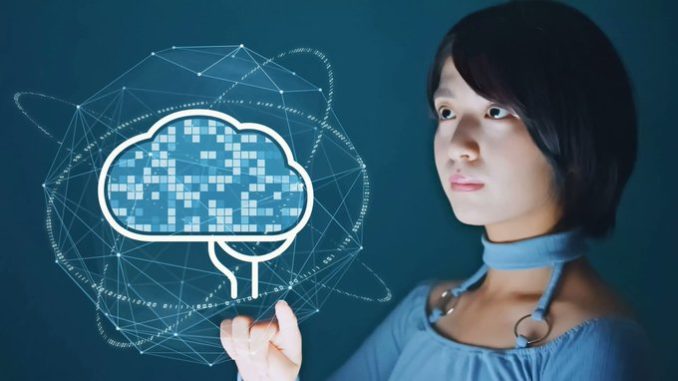
The potential power of artificial intelligence (AI) has been touted for more than 60 years though a generally accepted definition is elusive. AI has often been defined in terms of human-like capabilities. In 1960, for example, AI pioneer Herbert Simon, an economics Nobel laureate and Turing Award winner, predicted that “machines will be capable, within twenty years, of doing any work a man can do.” In 1970 Marvin Minsky, also a Turing Award winner, said that, “In from three to eight years we will have a machine with the general intelligence of an average human being.” More recently, in 2015, Mark Zuckerberg said that, “One of our goals for the next five to 10 years is to basically get better than human level at all of the primary human senses: vision, hearing, language, general cognition.”
The well-known Turing test compares computer performance to human performance in an imitation game. An interrogator poses written questions to a human and a computer and, based on their written answers, attempts to identify which is the computer. If the interrogator is no more successful than when the game is played with male and female subjects, the computer is deemed intelligent. Some limitations of such tests are discussed here.
